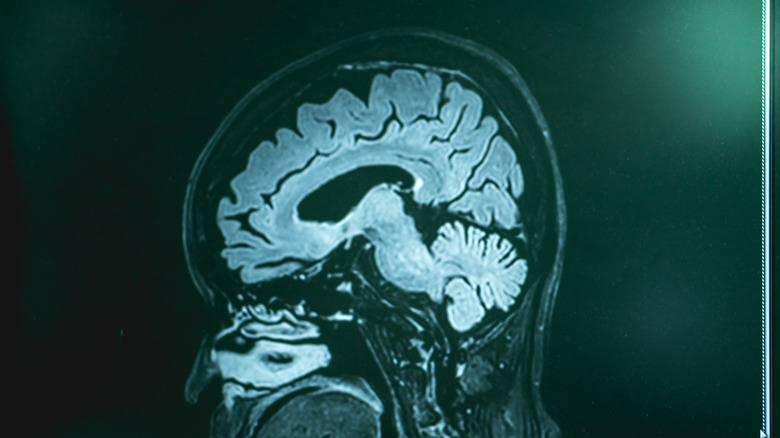What We Know About Wendy Williams' Dementia And Aphasia Diagnosis
Former talk show host, Wendy Williams (59) was diagnosed with primary progressive aphasia and frontotemporal dementia in 2023, according to a statement by the daytime TV personality's care team released on February 22.
Williams, who shot to fame while hosting "The Wendy Williams Show" from 2008 to 2022 and retired after being diagnosed with lymphedema and Graves' disease, is "still able to do many things for herself" according to the statement. The subject of an upcoming Lifetime docuseries, "Where Is Wendy Williams?," apparently hasn't lost her "trademark sense of humor" while getting the care she needs for her health conditions.
The announcement follows inaccurate and hurtful speculations about her health, according to the press release. "Over the past few years, questions have been raised at times about Wendy's ability to process information and many have speculated about Wendy's condition, particularly when she began to lose words, act erratically at times, and have difficulty understanding financial transactions." Williams isn't the only star with both of these health conditions that affect the brain. Bruce Willis' aphasia diagnosis in 2022 was also followed by a frontotemporal dementia diagnosis in 2023.
Primary progressive aphasia and frontotemporal dementia explained
Primary progressive aphasia or PPA is, according to the Mayo Clinic, a rare nervous system condition that slowly damages the parts of the brain that regulate speech and language. It affects fewer than 200,000 people in the U.S. There are different types of aphasia but all of them have to do with an impairment of language. PPA, in particular, is characterized by a slow but progressive inability to use language. When a progressive neurodegenerative disease is the cause of aphasia, doctors refer to this as primary progressive aphasia.
Frontotemporal dementia or FTD affects the nerve cells in the brain's frontal or temporal lobes (via Alzheimer's Association). It's considered an uncommon type of dementia and affects a person's behavior, personality, language, and movement. Increasingly inappropriate social behavior, loss of empathy, loss of inhibition and judgment, and apathy are all symptoms of this condition.
Williams was diagnosed with both conditions after "undergoing a battery of medical tests" in 2023, read the statement by her care team. The behavioral symptoms associated with both of these medical conditions often put people on the path of stigma and misunderstanding, according to the press release. "The decision to share this news was difficult and made after careful consideration, not only to advocate for understanding and compassion for Wendy, but to raise awareness about aphasia and frontotemporal dementia and support the thousands of others facing similar circumstances."


